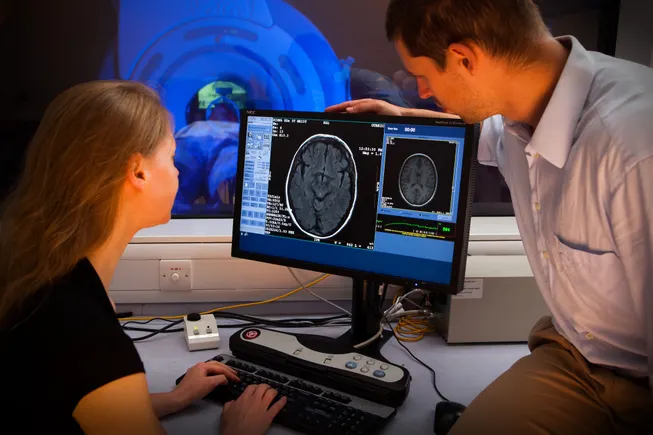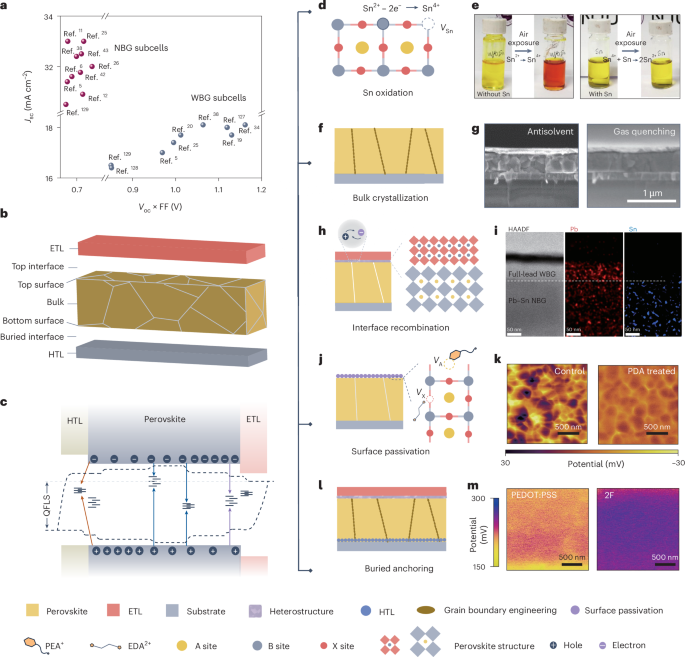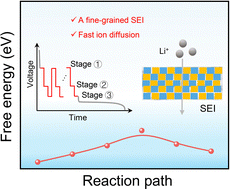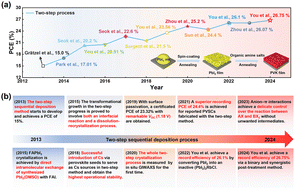Auditory cortex neurons that encode negative prediction errors respond to omissions of sounds in a predictable sequence
by Amit Yaron, Tomoyo Shiramatsu-Isoguchi, Felix B. Kern, Kenichi Ohki, Hirokazu Takahashi, Zenas C. Chao Predictive coding posits the brain predicts incoming sensory information and signals a positive prediction error when the actual input exceeds what was predicted, and a negative prediction error when it falls short of the prediction. It is theorized that specific neurons encode the negative prediction error, distinct from those for the positive prediction error, and are linked to responses to omitted expected inputs. However, what information is actually encoded by omission responses remains unclear. This information is essential to confirm their role as negative prediction errors. Here, we record single-unit activity in the rat auditory cortex during an omission paradigm where tone probabilities are manipulated to vary the prediction content. We identify neurons that robustly respond to omissions, with responses that increase with evidence accumulation and directly correlate with tone predictability—key characteristics suggesting their role as negative prediction-error neurons. Interestingly, these neurons showed selective omission responses but broad tone responses, revealing an asymmetry in error signaling. To capture this asymmetry, we propose a circuit model composed of laterally interconnected prediction-error neurons that qualitatively reproduce the observed asymmetry. Furthermore, we demonstrate that these lateral connections enhance the precision and efficiency of prediction encoding across receptive fields, and that their validity is supported by the free energy principle.
by Amit Yaron, Tomoyo Shiramatsu-Isoguchi, Felix B. Kern, Kenichi Ohki, Hirokazu Takahashi, Zenas C. Chao Predictive coding posits the brain predicts incoming sensory information and signals a positive prediction error when the actual input exceeds what was predicted, and a negative prediction error when it falls short of the prediction. It is theorized that specific neurons encode the negative prediction error, distinct from those for the positive prediction error, and are linked to responses to omitted expected inputs. However, what information is actually encoded by omission responses remains unclear. This information is essential to confirm their role as negative prediction errors. Here, we record single-unit activity in the rat auditory cortex during an omission paradigm where tone probabilities are manipulated to vary the prediction content. We identify neurons that robustly respond to omissions, with responses that increase with evidence accumulation and directly correlate with tone predictability—key characteristics suggesting their role as negative prediction-error neurons. Interestingly, these neurons showed selective omission responses but broad tone responses, revealing an asymmetry in error signaling. To capture this asymmetry, we propose a circuit model composed of laterally interconnected prediction-error neurons that qualitatively reproduce the observed asymmetry. Furthermore, we demonstrate that these lateral connections enhance the precision and efficiency of prediction encoding across receptive fields, and that their validity is supported by the free energy principle.

















































































![The sights of Paris Air Show, one last time: Day 4 [Photos]](https://breakingdefense.com/wp-content/uploads/sites/3/2025/06/20250617-helenedelacoste-Paris-Air-Show-037-scaled-e1750357690820.jpg?#)





























































